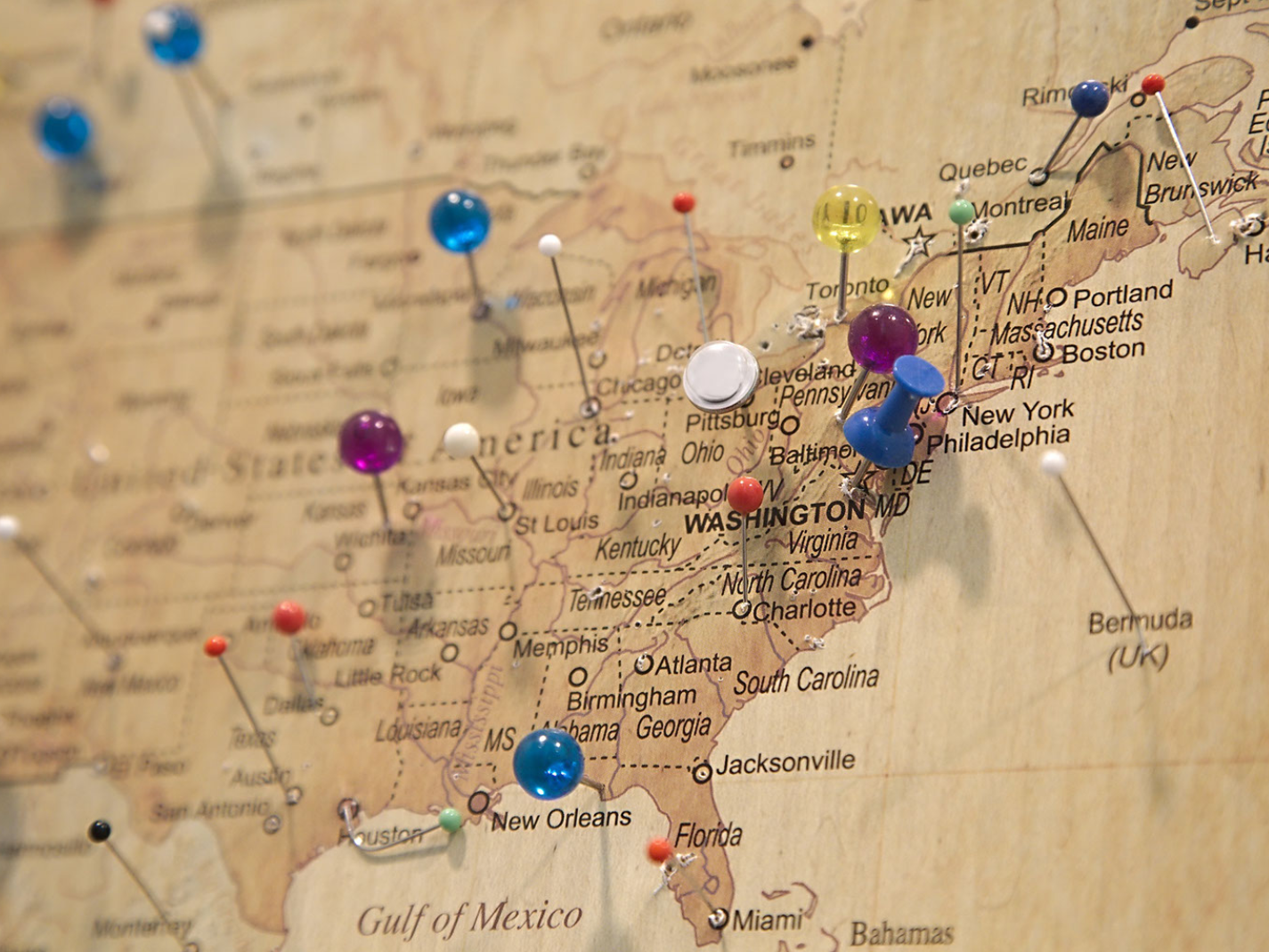
The ability to express diverse viewpoints without reputational and professional consequences has been under threat at colleges and universities for many years now. Numerous surveys and reports reveal that students on both the Left and the Right consistently self-censor for fear of being canceled. Yet, these issues have a geographic component—they appear to be most concentrated in the Northeast, while the South, generally, is more open to viewpoint diversity.
A new survey from the Foundation for Individual Rights and Expression (FIRE) of almost 1,500 college faculty members across the country documents that professors—like the very undergraduates that they teach—are afraid to speak. Faculty regularly avoid certain topics and research questions in order to steer clear of student pushback and aggressive diversity administrators. Professors routinely worry about their careers being cut short by significant reputational and professional consequences. And, like today’s students, there is a notable regional variance for faculty, as professors working in New England are far less likely to feel comfortable speaking freely despite holding to the principles of open inquiry and the pursuit of truth.
A look at faculty ideology immediately reveals some powerful geographic differences. While no region has many conservative professors, 61 percent of faculty in the Middle Atlantic states are either liberal or progressive, as are over two-thirds (68 percent) of New England professors. In contrast, just a third (34 percent) in the East South Central region—the part of the South that includes Kentucky, Tennessee, and Alabama—and 41 percent in the Mountain regions identify as liberal. In the South, generally, only 46 percent of professors identify as liberal. There is certainly an imbalance amongst collegiate faculty that is not reflective of the nation as a whole, where both conservatives and moderates outnumber liberals, but there is regional variation.
In terms of attitudes toward open expression and tolerance for political diversity, New England professors, again, are the most problematic. Consider support for Donald Trump, who continues to be a polarizing figure in American politics. When professors were asked how comfortable they would be with expressing support for Trump, the variance is significant. In New England, three-quarters (76 percent) of faculty admit that it would be impossible to talk about supporting Trump in 2020. In contrast, in the East South Central region the figure is 38 percent. Too many professors are silencing themselves, but the rates do vary significantly.
[Related: “Even Liberal Students Are Afraid to Speak”]
When asked about self-censorship on campus, in localized settings such as official meetings or offices of administrators, faculty, or student groups, three-quarters (74 percent) of New England faculty report that they are likely, very likely, or extremely likely to limit their views, despite being almost entirely progressive to start. The numbers in other regions, while still too high, are appreciably lower, such as 56 percent in the South Atlantic and a little under two-thirds in the East South Central, Pacific, and Mid-Atlantic regions. New England is the high outlier, mirroring many observations about ideological purity which regularly show that even when a group is already homogenous to the left, leftists remain intolerant—even of their own kind, should there be minor ideological differences.
The data also show that faculty limit the focus of their research less when it’s directed to the outside world than they do when it’s directed to their institutions. In New England, 40 percent of faculty stated that they are likely to self-censor in their academic writing. But the regional differences are not nearly as significant here: 46 percent of faculty in the Mountain region report censoring their academic work, while 32 percent in the South Atlantic and 34 percent in the West North Central do the same. These censorship figures on academic inquiry are still too high, but they show that there is relative parity within work directed off campus. This all suggests that pressures to censor are far more intense in local institutions.
The ability to pursue truth in research and teaching is foundational to the mission of higher education. However, significant numbers of faculty censor themselves because of professional and personal fear. The new FIRE data show that geography matters, for schools in New England—the nation’s oldest region—suffer from the greatest illiberalism and spawn so many great liberal thinkers. It is truly dispiriting to watch historically venerated schools with the word “truth” in their mottos morph into extreme places where faculty limit their expression out of fear. As such, faculty may want to consider southern or western schools when planning their careers, for they may be able to think and teach more freely in these warmer—both spatially and intellectually—climates.
Image: Adobe Stock
My custom made bumper sticker states “COLLEGES MURDER VIEWPOINT DIVERSITY.”
A candidate for the Dean of the Faculty at a local college was asked at a presentation to the faculty “do you value viewpoint diversity and if so can you give examples as to how you have promoted it?”
The response from the person who got the position summarizes the state of affairs on most college campuses. “Yes, I value viewpoint diversity. As for examples as to how I have promoted it, as Chair of the Introduction to Liberal Arts program I brought in Bill Ayers for the third time.” Bringing in an unrepentant, admitted terrorist for the third time constitutes promoting diversity.
Oh the irony. The leftist professors in New England are now afraid to speak out. That’s rich. First they came for the conservative faculty, and I did not speak out—because I’m not a conservative. Then they came for the Christian and Jewish faculty, and I did not speak out—because I’m not Christian or Jewish. Then they came for me—and there was no one left to speak for me.
The students are turning now even on the leftist professors who don’t toe the line. Kind of reminds me of the red guard in China.